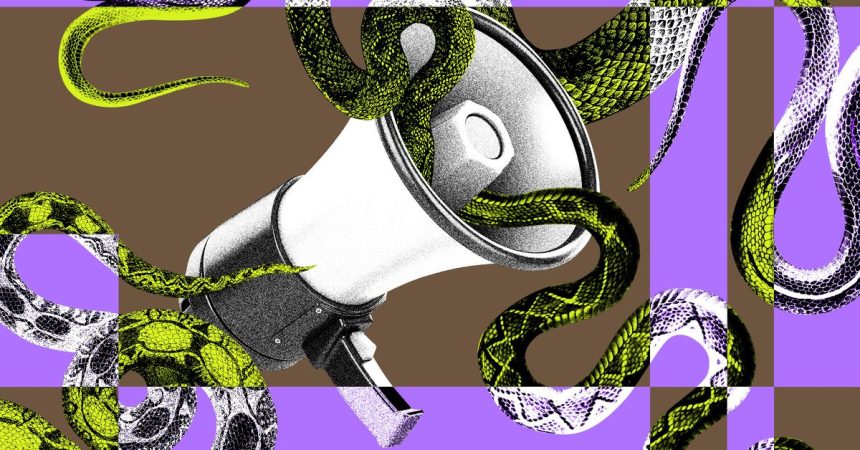Meta’s decision to terminate its third-party fact-checking program has sparked widespread concern among experts who fear a surge in disinformation and hate speech across its platforms. The program, established in 2016, partnered with independent, IFCN-certified fact-checkers globally to identify and review misinformation. This system acted as a critical barrier against the spread of false information, often by overlaying flagged content with a warning screen detailing the fact-checkers’ findings. The program covered a wide range of topics, from celebrity death hoaxes to dubious health claims, and significantly reduced the virality of such content. Its removal represents a substantial shift in Meta’s approach to content moderation, leaving users increasingly vulnerable to a deluge of false narratives.
Meta’s proposed replacement, a crowdsourced system similar to X’s Community Notes, places the responsibility of identifying and flagging misinformation on its users. Critics argue this approach is ineffective and merely a superficial measure designed to deflect criticism. They point to the inherent difficulty for average users to discern truth from falsehood amidst the constant influx of information online. Moreover, the crowdsourced system lacks the expertise and systematic approach of trained fact-checkers, leaving it susceptible to manipulation and potentially amplifying rather than mitigating misinformation. This shift effectively transfers the burden of fact-checking from the platform to its users, many of whom lack the time, resources, or inclination to engage in such a demanding task.
Meta CEO Mark Zuckerberg justified the decision by citing concerns about free speech and alleging political bias among fact-checkers. He also claimed that the program was overly sensitive, resulting in the removal of legitimate content. However, fact-checking organizations strongly refute these claims, emphasizing their adherence to strict codes of principles and Meta’s own policies. They underscore that the final decision to remove or restrict content rested solely with Meta, not the fact-checkers, whose role was limited to assessing the accuracy of information. Critics view Zuckerberg’s justifications as disingenuous and potentially motivated by political considerations, including aligning with the incoming administration’s emphasis on deregulation and free speech absolutism.
The timing of Meta’s decision, coinciding with a perceived shift towards prioritizing free speech and a closer relationship with the incoming administration, further fuels concerns about political motivations. The appointment of a Republican lobbyist as chief global affairs officer and the addition of a close friend of the president-elect to Meta’s board reinforce this perception. Critics argue this move represents a capitulation to political pressure and a prioritization of profit over user safety. They fear that this decision could embolden the spread of misinformation and hate speech, particularly targeting vulnerable communities already susceptible to online harassment and violence.
The potential consequences of this decision extend beyond the digital realm, with experts warning of real-world harm. Disinformation campaigns about climate change, public health, and other critical issues could flourish unchecked, potentially undermining public trust in science and institutions. The lack of effective content moderation could also exacerbate existing societal divisions and fuel offline violence against marginalized groups. The absence of a robust fact-checking mechanism leaves Meta’s platforms vulnerable to manipulation by malicious actors seeking to spread propaganda and incite hatred.
This shift towards user-led content moderation raises serious ethical and practical concerns. It places an unreasonable burden on users to navigate a complex information landscape rife with misinformation and hate speech. It also creates an environment where harmful content can proliferate unchecked, potentially leading to real-world harm. Critics argue that Meta has a responsibility to protect its users from the dangers of disinformation and hate speech, and that abandoning its fact-checking program represents a significant abdication of this responsibility. The long-term consequences of this decision remain to be seen, but experts warn that it could have a profound impact on the quality of online discourse and the safety of vulnerable communities.



